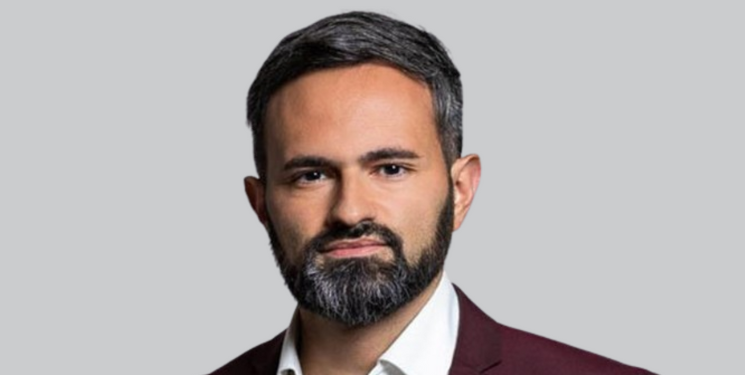In a fast-moving Europe where demographic change, digitalisation, and evolving social needs are defining the collective future of our societies, the European Social Services Awards (ESSA) play a key role in acknowledging expertise, driving innovation, and promoting cooperation. Commending the successes of those working in social services is not just symbolic, but necessary. It offers a view of the inspiring people and innovative organisations that all contribute to Europe being an inclusive place where dignity and human potential should be realised for everyone.
The 2025 nominees and winners personify this spirit. Throughout the 10 categories, they celebrate the diversity of innovation, compassion, and creativity in leadership driving social change every day. Their work demonstrates how communities can respond to challenges by merging creativity with evidence-based practice, and how we are all inextricably bound to each other even across sectors and country jurisdictions. The two-hour award ceremony left us astonished at the incredible work being done across Europe; no country seemed left out of the range of the European Social Services Awards.
The winner of this year’s Ageing and Long-Term Care Excellence Award, Connecting Generations through Fairy Tales by Vilnius City Council, Lithuania, is a welcome reminder that delivering effective social services does not always have to be a complicated business. Through the sharing of stories, this project fights loneliness and honours traditions while building bridges between generations. In a rapidly ageing Europe, these strategies provide transformative potential for resilience and belonging.
The central place of children, families, and young people in social welfare is acknowledged through the Children, Families and Youth Support Award. The City of Brussels' Miriam Project, which was awarded this recognition, exemplifies this vision through its early investment programme for single mothers to ensure they are supported to be fully included in society.
Digitalisation is driving forward the transformation of public social services throughout the continent, and Türkiye’s Bağ-Kart, which won the Digital Transformation and Technology Social Services Award demonstrates how technology can support households in need, identify them early, and help them cover their basic needs through a mobile app or a physical card linked to local businesses.
The Disability and Accessibility in Social Services Award winner, Active Every Day from Warsaw City Council, Poland, fights so that disability does not become an impediment for full participation in society – a core European value. By helping people live independently and participate fully in daily life, it improves individual lives as well as the social capital of communities.
As has always been the case, leadership continues to define strong social services. Oliver Scicluna from Malta, who won the Leadership in Social Services Award, has proved to be an inspiring role model for inclusive policymaking and advocacy on disability. The dedication of social services leaders is a reminder of the impact that dedicated leaders can have in building fairer societies for all.
Collaboration, too, is equally vital. The winner of the Public Sector Collaboration Award, Spain's Local Care Ecosystem from Basque Country’s Gipuzkoa county council, is an example of how robust local governance working in partnership across local public and non-public sectors can drive forward new approaches to care and support. Elsewhere, the UK’s Beam and Dumfries and Galloway Council partnership, awarded under the Public-Private Partnership in Social Services Award, showcases how AI applications can support social workers through new IT tools empowering frontline practice.
Good policy is built on knowledge, and Sweden’s NUSO project, which won the Research for Social Services Award, does outstanding forward-looking analysis to drive and assess social services national transformation. Likewise, the winner of Social Services Delivery Innovation Award, Elevating Standards by Northern Ireland Social Care Council, shows how ongoing quality improvement can lift the sector.
Finally, the Strengthening Communities and Social Inclusion Award went to Local Food Bank of Bucharest 6th District from Romania, expanding on the provision of food with social inclusion efforts, placing food as the first step in fighting the conditions that brought people into need and helping them to be in a better place.
Together, these initiatives present a vibrant picture of Europe’s social services, which are committed to fairness, solidarity and human progress. Celebrating their achievements through ESSA is not just a matter of applause, but learning from what works, enabling interesting models to grow and consolidate in practice, and reaffirming that social services are at the heart of a thriving and cohesive Europe.
Congratulations to all our entrants, nominees, and winners of the 2025 European Social Services Awards. Your work illuminates the path forward.


